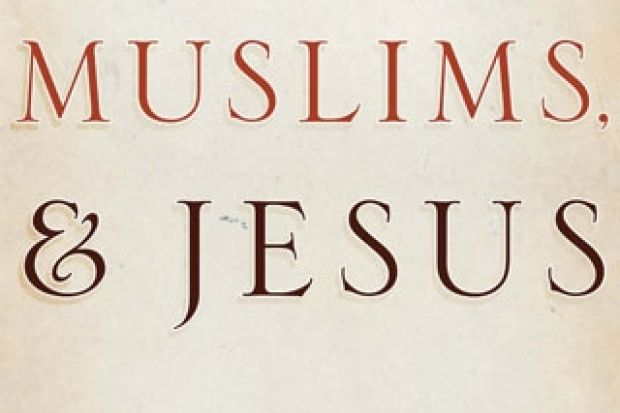For a Muslim writer to seek new forms of dialogue between Christians and Muslims is an audacious venture. Mona Siddiqui, the well-known academic, broadcaster and interfaith practitioner from the University of Edinburgh, has dared to go where others fear to tread. Only recently an eminent Vatican representative still took the view that there can be no theological dialogue with Islam. Yet it is precisely such theological dialogue that Siddiqui wishes to encourage. She does so with admirable empathy and a detailed knowledge of Islamic and Christian theological texts, offering an exemplary model of how courageously creative dialogues might be constructed and a new model of interfaith relations advanced.
Christians and Muslims have interacted for more than 14 centuries with shifting political allegiances, violent conquests and varying responses on both sides. Given our globally pluralistic world, with many Muslims settled in the West, there is a growing need for more conciliatory dialogue and mutual understanding of each other’s differences. Siddiqui’s approach is unusual in setting aside the wider socio-political context of Christian-Muslim encounters in order to focus directly, with deep personal commitment to her own faith, on the most difficult theological issues that divide the two faiths. She skilfully relates Christian doctrinal arguments to the thinking of Islamic philosophers, theologians and Sufi poets to dismantle past misconceptions based on prejudice and ignorance, preparing the way for a more appreciative mutual understanding between these two very different faith communities.
Most difficult is the perception of Jesus, seen as both a bridge and a barrier between Muslims and Christians. Although he is referred to in 93 verses of the Koran and praised as one of the divinely elected prophets who is the “word” and “spirit” of God, Muslims can never accept him as the “son of God”, as he is called by Christians. From an Islamic perspective, this approach challenges the sublime oneness of God, the utter divine unity and transcendence. This means that Christian teachings on Jesus are a greater stumbling block for Muslims than the Trinitarian understanding of God.
Although the central focus is on Jesus, several other challenging themes are explored in the book, especially the significance of Mary, the mother of Jesus, to whom more verses are devoted in the Koran than in the New Testament. There is also a fine discussion of the dialectics of law and love in Judaism, Christianity and Islam, and on the problem of evil and the figure of Satan. And last of all, at its most moving and most personal, the book concludes with reflections on the Cross and suffering that culminate in a strong personal testimony of faith. Here is an example of how the complexities of theological thought and a commitment to dialogue impact on life as lived in today’s world.
Siddiqui’s arguments are nourished by the immensely rich writings of Islamic scholars unfamiliar to most Western readers – from the early debates about God to the scholastic developments of medieval theologians from whose works she quotes extensively, comparing their theological insights to those of Christian writers.
This book reveals profound learning, but it also shows that searching for dialogue is a great adventure that can become a transformative “personal and spiritual journey”. Catching glimpses of the history of the theological encounter between Muslims and Christians in the past opens transformative ethical and theological perspectives for the present. For these to reach a wider constituency beyond the narrow confines of the academy, it would be immensely helpful to produce a digest of the major insights and experiences that have shaped this important study.
Christians, Muslims, and Jesus
By Mona Siddiqui
Yale University Press, 288pp, £20.00
ISBN 9780300169706
Published 29 April 2013
Register to continue
Why register?
- Registration is free and only takes a moment
- Once registered, you can read 3 articles a month
- Sign up for our newsletter
Subscribe
Or subscribe for unlimited access to:
- Unlimited access to news, views, insights & reviews
- Digital editions
- Digital access to THE’s university and college rankings analysis
Already registered or a current subscriber? Login




